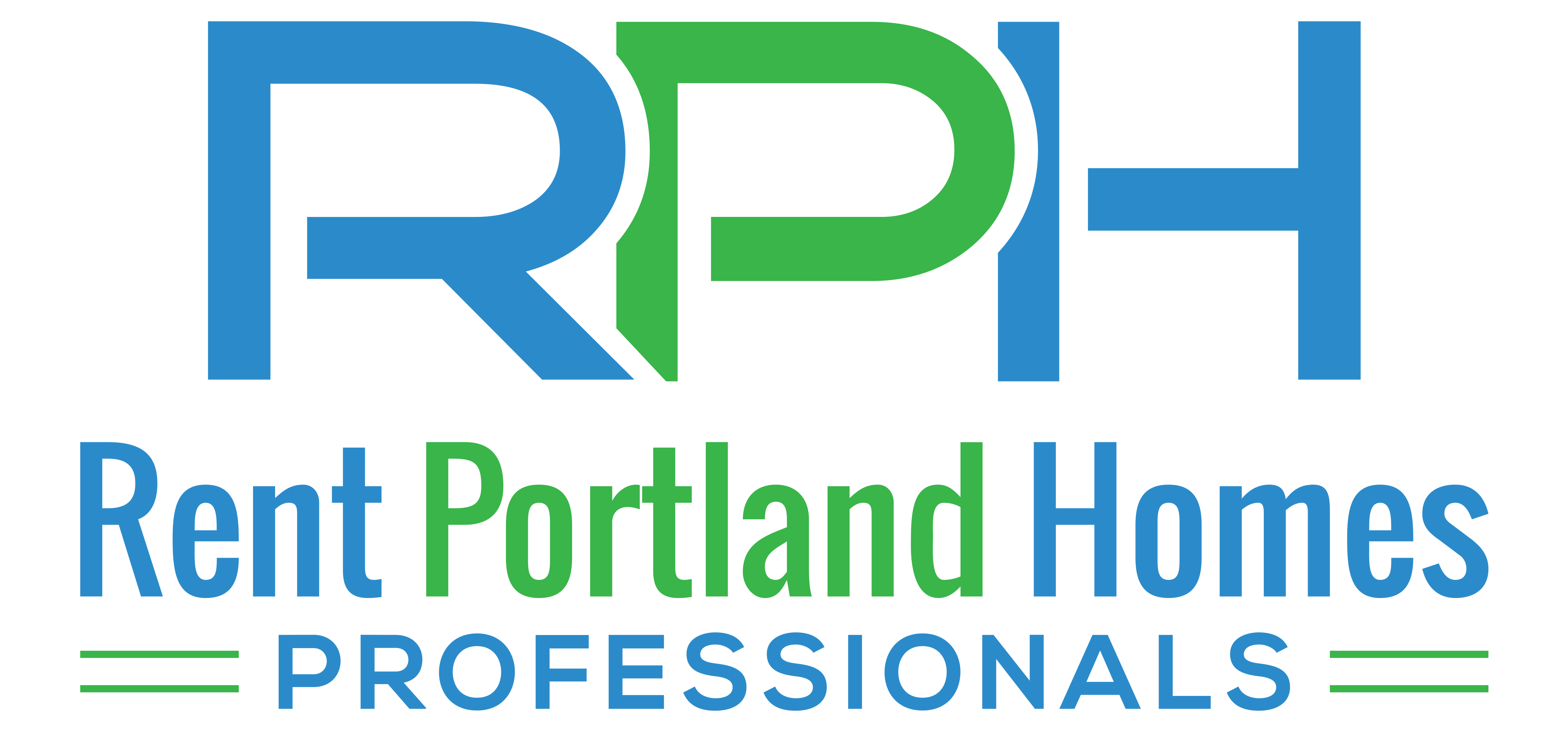Unveiling the Pros and Cons: Evaluating the Financial Potential of Rental Properties versus Stocks

Searching for information on rental property vs stocks? Investing is a crucial aspect of financial planning, and there are various options available in the market.
Two popular investment options are rental properties and stocks. Rental properties involve purchasing properties with the intent of generating rental income, while stocks refer to buying shares of companies in the hope of capital appreciation and dividends. In this article, we will delve into the pros and cons of investing in rental properties and stocks, analyze their financial potential, and provide insights to help you make an informed decision.
Understanding Rental Properties vs Stocks as Investment Options
Rental Properties
Investing in rental properties involves purchasing residential or commercial properties that can be leased out to tenants. One of the key advantages of rental properties is the potential for a steady stream of passive income through rental payments. Rental properties offer the opportunity to earn monthly cash flow, which can be used to cover mortgage payments, property maintenance costs, and other expenses.
Another benefit of rental properties is the potential for long-term appreciation. Real estate values tend to increase over time, allowing investors to build equity in their properties. Additionally, rental properties provide tax benefits such as deductions for mortgage interest, property taxes, and depreciation.
Stocks
Investing in stocks involves buying shares of publicly traded companies. One of the main advantages of stocks is the potential for high returns. The stock market has historically outperformed other investment options over the long term, providing investors with the opportunity for capital appreciation.
Stocks offer liquidity, meaning that investors can easily buy or sell shares, allowing for flexibility in managing their investment portfolio. Another advantage of stocks is the ability to diversify investments. By investing in a variety of companies across different sectors, investors can spread their risk and potentially minimize losses.
Pros of Investing in Rental Properties
Monthly Cash Flow and Passive Income
One of the major advantages of rental properties is the potential for generating monthly cash flow. When you invest in rental properties, you can earn a steady stream of passive income through rental payments. This can provide financial stability and help cover the costs associated with the property, such as mortgage payments, property taxes, insurance, and maintenance expenses.
Appreciation and Building Equity
Rental properties vs stocks have the potential for long-term appreciation, allowing investors to build equity. Over time, real estate values tend to increase, and as a property owner, you can benefit from this appreciation. By building equity, you can increase your net worth and potentially leverage your rental property investments to finance future purchases.
Tax Benefits
Investing in rental properties offers several tax benefits. The interest paid on your mortgage, property taxes, insurance premiums, and maintenance costs are generally tax-deductible. Additionally, you may be eligible for depreciation deductions, which can reduce your taxable income. These tax advantages can help lower your overall tax liability and increase your cash flow.
Cons of Investing in Rental Properties
Active Management and Time Commitment
Investing in rental properties requires active management and a significant time commitment. As a landlord, you will be responsible for finding tenants, screening applicants, collecting rent, handling repairs and maintenance, and dealing with any issues that may arise. This can be time-consuming and may require you to be available 24/7 to address tenant concerns or emergencies.
Property Maintenance and Expenses
Owning rental properties also entails expenses related to property maintenance and upkeep. Regular maintenance, repairs, and renovations are necessary to keep the property in good condition and attract quality tenants. These expenses can add up over time and impact your overall profitability.
Market Volatility and Economic Factors
The real estate market is subject to market volatility and economic factors that can impact rental property investments. Fluctuations in property values, changes in rental demand, and variations in interest rates can affect the profitability of your rental properties. It is essential to carefully analyze market conditions and make informed investment decisions to mitigate these risks.
Pros of Investing in Stocks
Potential for High Returns
One of the main advantages of investing in stocks is the potential for high returns. Over the long term, stocks have historically outperformed other investment options, providing investors with significant capital appreciation. By investing in well-established companies or emerging industries, you can tap into the growth potential of the stock market and potentially earn substantial profits.
Liquidity and Flexibility
Stocks offer high liquidity, meaning that you can easily buy or sell shares in the stock market. This liquidity provides flexibility in managing your investment portfolio. If you need immediate access to cash or want to take advantage of investment opportunities, you can quickly sell your stocks. This ease of trading allows you to adapt your investment strategy based on market conditions and your financial goals.
Diversification
Investing in stocks allows for diversification, which is a key strategy to reduce risk. By investing in a variety of companies across different sectors, you can spread your risk and potentially minimize losses. Diversification helps protect your investment portfolio from the impact of a single company or industry downturn, as the performance of one stock may be offset by the performance of others.
Cons of Investing in Stocks
Market Volatility and Risk
Investing in stocks comes with inherent market volatility and risk. Stock prices can fluctuate widely due to various factors such as economic conditions, geopolitical events, and company-specific news. These fluctuations can lead to significant short-term losses or gains in the value of your stock investments. It is important to have a long-term investment horizon and be prepared for market volatility when investing in stocks.
Lack of Control
When you invest in stocks, you become a shareholder in a company but do not have direct control over its operations. As a minority shareholder, you rely on the company’s management and board of directors to make decisions that will impact the company’s performance and, subsequently, the value of your investment. This lack of control can be a disadvantage for some investors who prefer to have a more hands-on approach to their investments.
Dividends and Income Generation
While some stocks pay dividends, not all companies distribute a portion of their profits to shareholders. If you rely on regular income from your investments, investing solely in stocks may not provide a consistent and predictable stream of income. Dividend payments are subject to the company’s financial performance and the discretion of its management.
Financial Potential of Rental Properties vs Stocks – A Comparative Analysis
When evaluating the financial potential of rental properties versus stocks, it is crucial to consider various factors.
Risk and Return
Rental properties and stocks have different risk and return profiles. Rental properties offer the potential for steady rental income and long-term appreciation, but they require active management and entail risks associated with property ownership. On the other hand, stocks have historically provided higher returns but come with market volatility and the risk of capital loss. It is important to assess your risk tolerance and investment goals when deciding between the two options.
Cash Flow and Liquidity
Rental properties provide monthly cash flow through rental payments, while stocks offer the potential for capital appreciation and dividends. If you need regular income to cover expenses, rental properties may be a better option. However, if you require liquidity and flexibility in managing your investments, stocks offer high liquidity and the ability to buy or sell shares easily.
Diversification and Portfolio Allocation
Investing in rental properties vs stocks allows for diversification within the real estate asset class. By owning properties in different locations or property types, you can spread your risk. Similarly, investing in stocks allows for diversification across various companies and sectors. Consider your overall investment portfolio and the level of diversification you want to achieve when deciding between rental properties and stocks.
To learn more about the property management services we can offer you, contact us today by clicking here.










